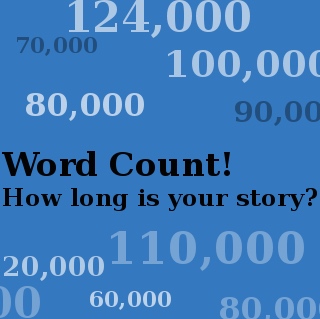News
Reuters' new word limits take effect - but there'll be exceptions
Tuesday 11 November 2014

Reuters reporters will be able to argue for exceptions to the agency's new word limits for news stories to help "avoid foolish consistency".
The new limits - 400 words for spot stories, 800 words for exclusives, insights and main trunk stories on major news, and 2,000 words for special reports - went into force on Monday.
Earlier this year, journalists in the Americas were told that spot stories should not exceed 500 words. Why not stick with that rule?
Dayan Candappa, Americas editor, told the region’s editorial staff the tighter limit for spot copy better reflects the way news is consumed by Reuters’ different audience types.
“What stays the same?
“The Goal - This is about changing the way we work. A news business such as ours needs to produce lots of valuable commoditized news quickly and efficiently while making space for our journalists to do truly distinctive work. We want to spend as little time and talent as possible on the muddled middle ground where stories are least likely to be read.
“The Ambition - We still want deep digging - on reporting beats as well as investigative projects - that leads to dramatic revelations. We will run these stories at a sensible length that reflects their value.
“The Gatekeepers - A group of editors sprinkled across our teams will still be authorized to approve exceptions. They will help us avoid foolish consistency and give reporters a voice in the decision.”
One of the Gatekeepers, London-based top news editor Peter Millership, told colleagues in Europe, the Middle East and Africa on Tuesday: “We’re two days in but it’s good to see length guidelines being adhered to more often than not. This is not an arbitrary exercise. We know most of our readers only read a part of stories and if you look at most of our media clients, they often write shorter than we do so if they use our copy, the first thing they will do is chop it. (Not to mention what it’s like to read 1,000 words on a hand-held device). But there is a stronger underlying point - short writing is good writing. It’s easy to churn out 700 words on a story, lumping in slabs of detail, context and history. To do the same story in 400 words or not much more requires reporters to write cleanly and concisely, marshalling their thoughts to focus on what’s important and why. Almost invariably the shorter piece will be a better read. It certainly requires more skill and is much better done by the reporter, rather than relying on the desk to trim. Think links to previous stories, think graphics, think imaginatively.”
He added: “Brevity is the soul of wit, Shakespeare said. Who are we to argue?” ■
- SOURCE
- Reuters
- « Previous
- Next »
- 1037 of 2168